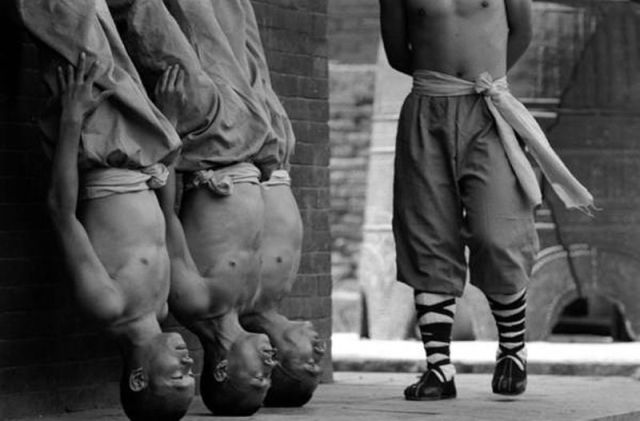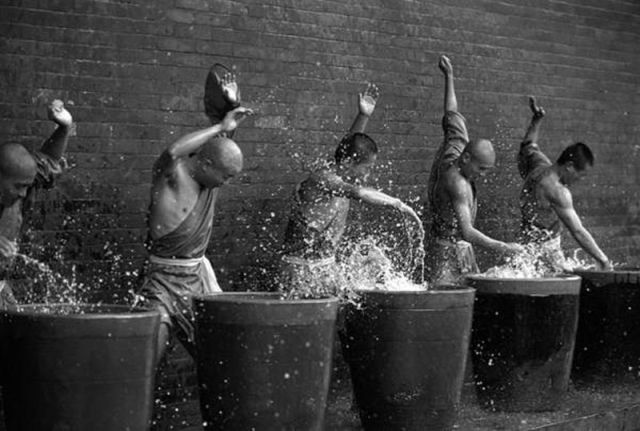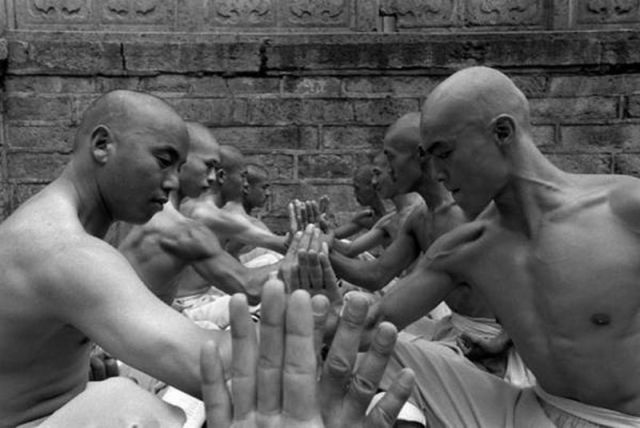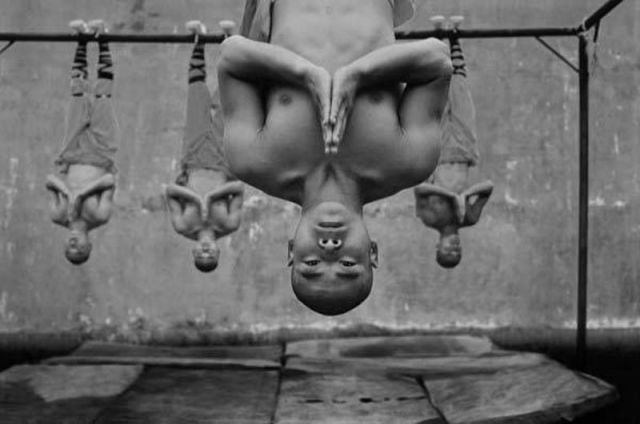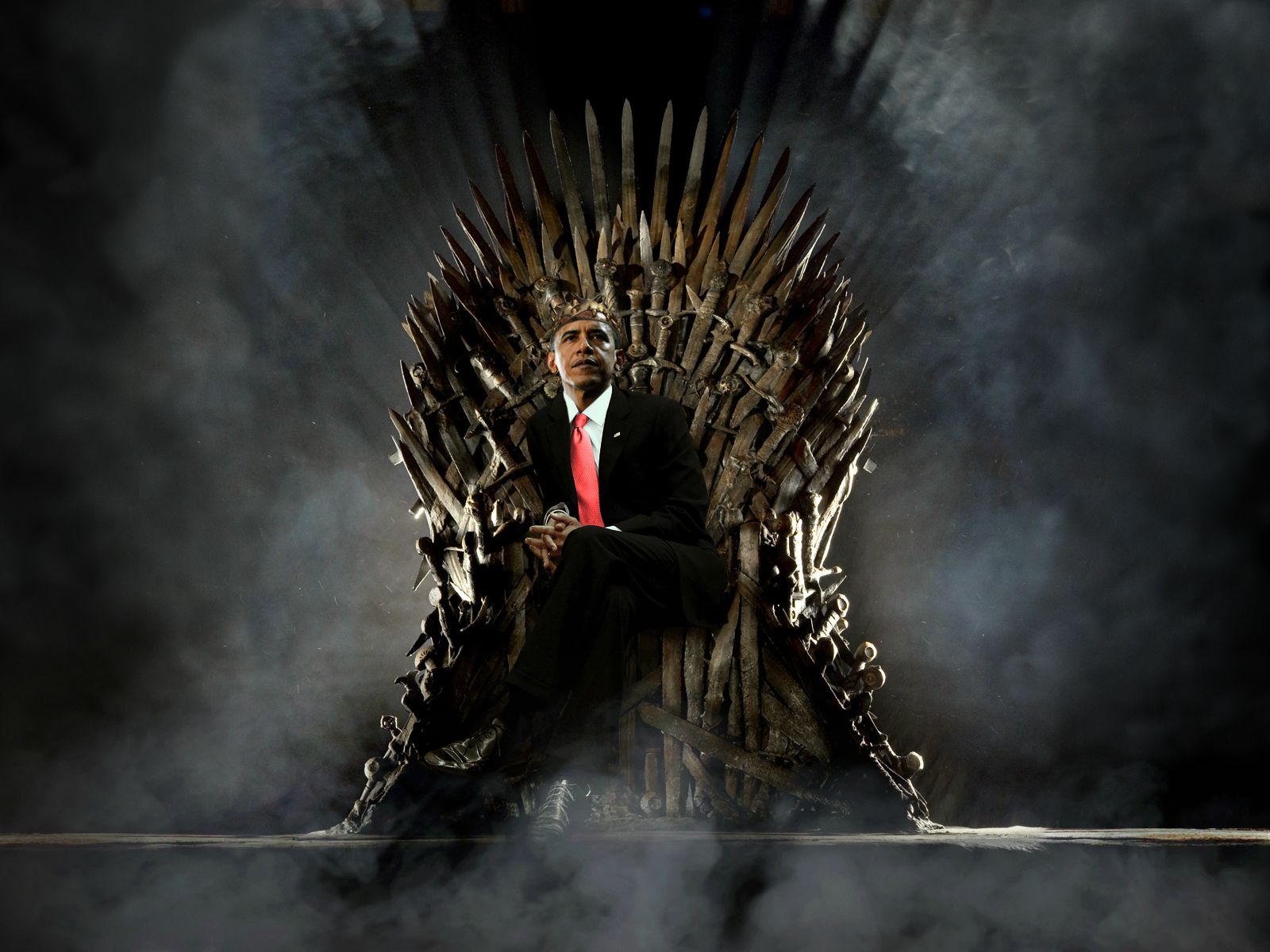Even though this essay is satire, it is all too true. The author leaves out one thing that is essential for all of his categories: A blind partisan loyalty to Liberal politics.
If you want to become part of the new nobility that is emerging in the American population, the good news is that it is possible. The bad news is that it is not without cost in time, energy, money and effort.
Here are ways to become a member in the new nobility:
1. Become a police officer. A street level police officer is at the low end of the noble class spectrum. The lower end of a noble class always have greater numbers than the highest ends. Police are treated with deference and have special privileges and immunities that the common folk do not.
2. Become a tenured academic. This group contains a wide range of members of the noble class with the low end being community college professors and the high end being professors at the ivy league universities.
3. Become a lawyer. If you want to understand the privileges and immunities of being a lawyer, just casually mention to a police officer that you are a lawyer. Do the same when you are returning a product that you have had a difficulty with. Judges are a special, higher level member of this group. Tip – some low level judges are not required to have a law degree. This could be a great opportunity.
4. Money. The ability of money to buy entrance into the noble class has a long and honored tradition. In the middle ages, money could buy you a knighthood. Like most things, money can buy you entrance to the new nobility. You will be treated with deference. You will be given special privileges and immunities. You will be accepted into the club. More money equates to higher status. Political contributions are essential. A minimum arbitrary figure would be a net worth of more than 10 million dollars. For the highest levels, the numbers are in the billions.
5. Politicians. Be elected or appointed to office. This group also has a wide range of levels, but even the lowest level of elected official, such as constable, town board member, or even precinct committeeman is treated with deference by law enforcement and others, and has some special privileges. Most are not at the level of a Senator or President, but they are real.
6. Become a member of the media. Members of the media are treated with deference by law enforcement, politicians, and the general public. Experiment by letting people in a restaurant know that you are a member. You will be granted deference. Special privileges are already a matter of law. Entrance to events closed to the public is available to you. This is another opportunity for those with a little talent and an eye to advancing themselves. The media is in turmoil, and there are opportunities in the new media that offer little fiefdoms outside of the larger, main stream media organizations. The possibilities are stratospheric. Who knows? You might found the next Google, Facebook, or Twitter!
7. Combinations of the above. These offer entrance to the highest levels of the new nobility. If you are wealthy, have been elected to high political office, and own media, you are almost certainly in the top levels of the new nobility. See Michael Bloomberg. Note that these attributes tend to reinforce and build on each other. Most high level politicians are wealthy lawyers.
Your entrance to the new nobility will not result in special deference and privileges if you travel incognito. There may be good reason to do so: in the middle ages nobles sometimes did so to gauge the mood of the lower classes and to gain information.
To gain the most from your status, the lower classes have to know that you are a member of the new nobility. An American Bar Association sticker on the car might be appropriate. An official “Press” I.D. does wonders.
A surprising exclusion from the new nobility are military officers. In older nobilities, understanding that political power grows from military power was common, and either military officers were automatic members of the nobility or no one but members of the nobility were allowed to be military officers. This was reflected in the old United States where “Commissioned” officers were made a “gentleman” by an act of Congress.
This is a serious defect in the new nobility. I do not see deference or special privileges granted to military officers (outside of the military) except for those officers that have proven themselves to be astute and politically able, generally (pun intended) those above the General (0-6) level. I would advise the new nobility to revise this defect. It has a direct impact on their chances of maintaining their exalted positions and the long term survival of their class. I doubt that they will heed my advice.
If you are fortunate and skilled enough to become a member of the new nobility, I congratulate you.
Remember me and the felicity of my advice. Favors are always welcome. Perhaps there is a position that needs a well merited appointment.
In the spirit of the esteemed, late Niccolo Machiavelli, I bid you good fortune and good luck!
Note: Very rough estimates of numbers.
The members of the new nobility are a very small slice of America. There are about 900,000 sworn officers at all levels, a few hundred thousand tenured academics, about 1.2 million lawyers, and 500,000 politicians. Roughly 1.5 million Americans have a net worth of over 10 million dollars, but a great many live lives that are essentially incognito, and do not involve themselves in politics. There are About 60,000 “traditional” media professionals, though news bloggers are of an indeterminate number and growing. There is quite a bit of overlap of many of these groups.
*Satire alert
©2013 by Dean Weingarten: Permission to share is granted when this notice is included.
